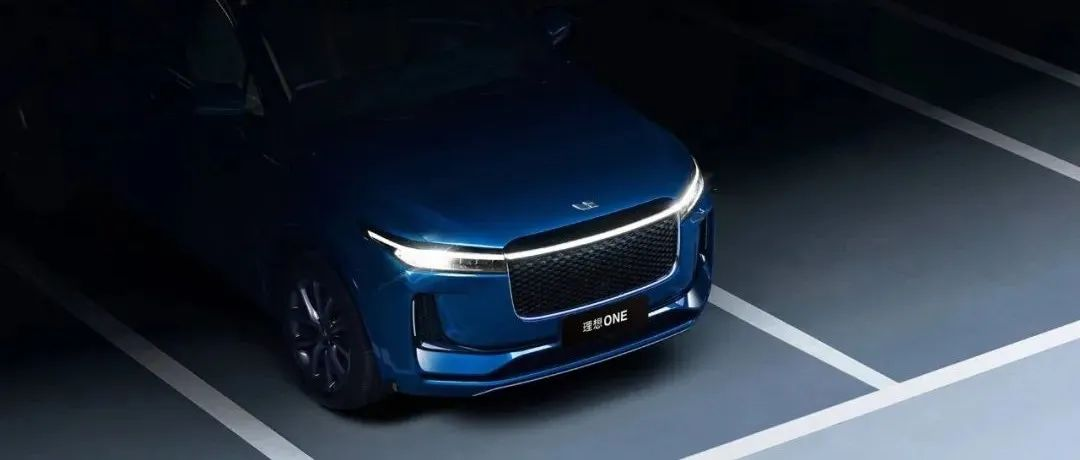2022 and the Resale Value of New Energy Vehicles Might be Better Than You Think
By Wu Jingtao
Ever since new energy vehicles started to enter the public’s list of car options, differences between them and traditional fuel-powered cars, such as range, charging, and adaptability to climate, have always been a concern for many potential buyers.
However, with increased ownership, improved supporting facilities, and upgraded vehicle technology, key issues such as range and charging have seen noticeable improvements compared to several years ago. In this context, consumers’ focus on new energy vehicles has shifted from the technical aspects and driving experience to the entire lifecycle experience, thereby raising their interest in resale value more than ever before.
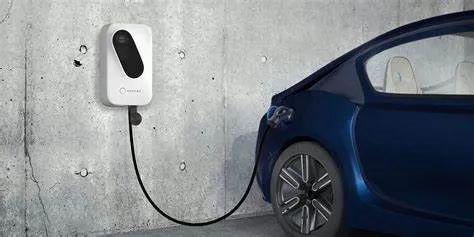
There has been talk about the dismal residual value of second-hand new energy vehicles, to the point where second-hand car dealers worry about it. With the surge in new energy vehicle ownership and the gradual improvement in charging infrastructure, is this still the case?
Resale value is neck and neck with BBA fuel cars?
A few days ago, the China Auto Dealer Association released its ranking of used car resale value rates for April 2022.
Of particular interest to many was the ranking for domestic luxury SUVs priced from CNY 300,000 to 500,000 according to their resale value rates. Three new energy vehicle models made it into the top ten, with industry newcomers Li ONE and NIO represented on the list. Among them, the Li ONE’s resale value rate was particularly impressive, reaching 73.3% over three years, closely tailing behind Mercedes-Benz’s GLC at 76.9% and BMW’s X3 at 74.9%, respectively, ranking third on the list.
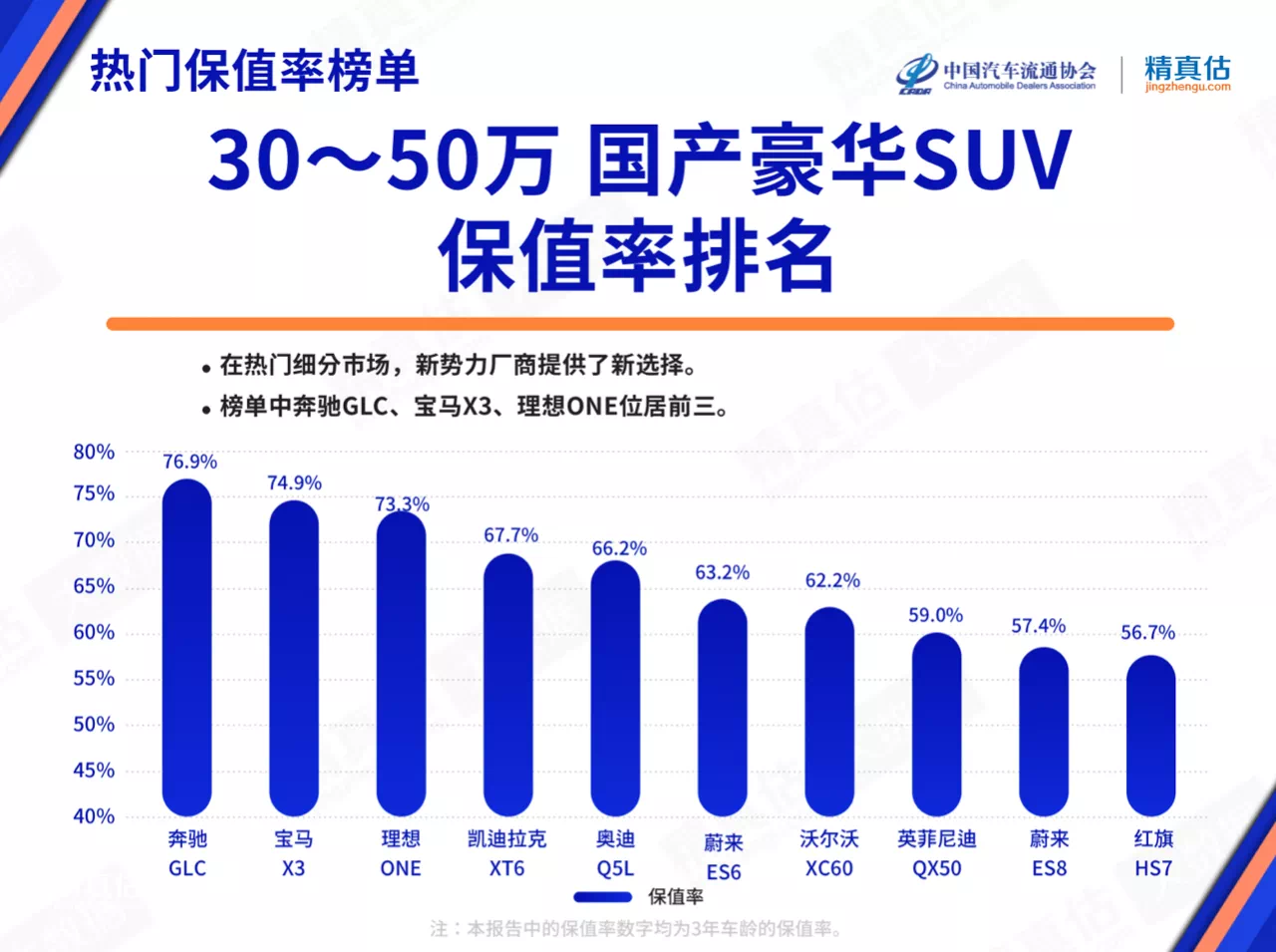
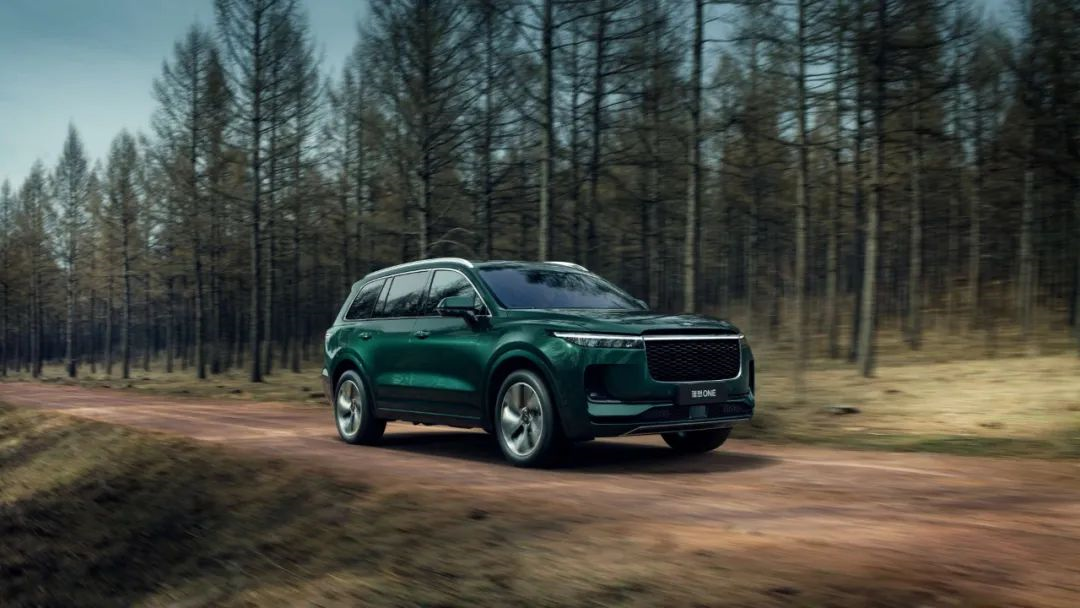
As a domestic new energy vehicle, the Li ONE’s ability to rival traditional German luxury fuel cars in terms of resale value is sure to change the minds of many potential buyers with negative views on the resale value of new energy vehicles.
Meanwhile, if we take a closer look at the association’s data for April, which compares the three-year resale value rates of main new energy vehicle models in various segmented markets, we can see that their performance is generally above average.
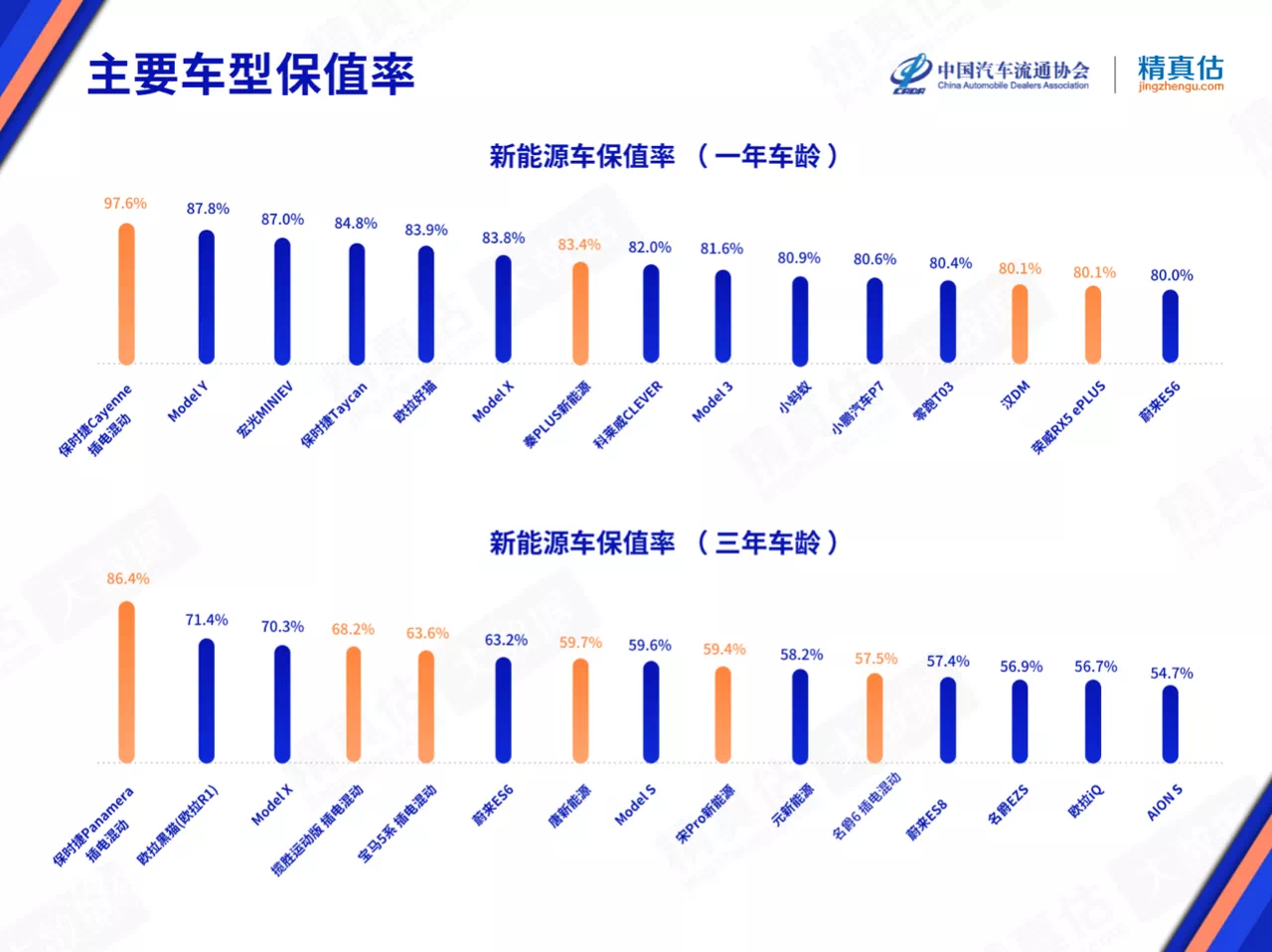
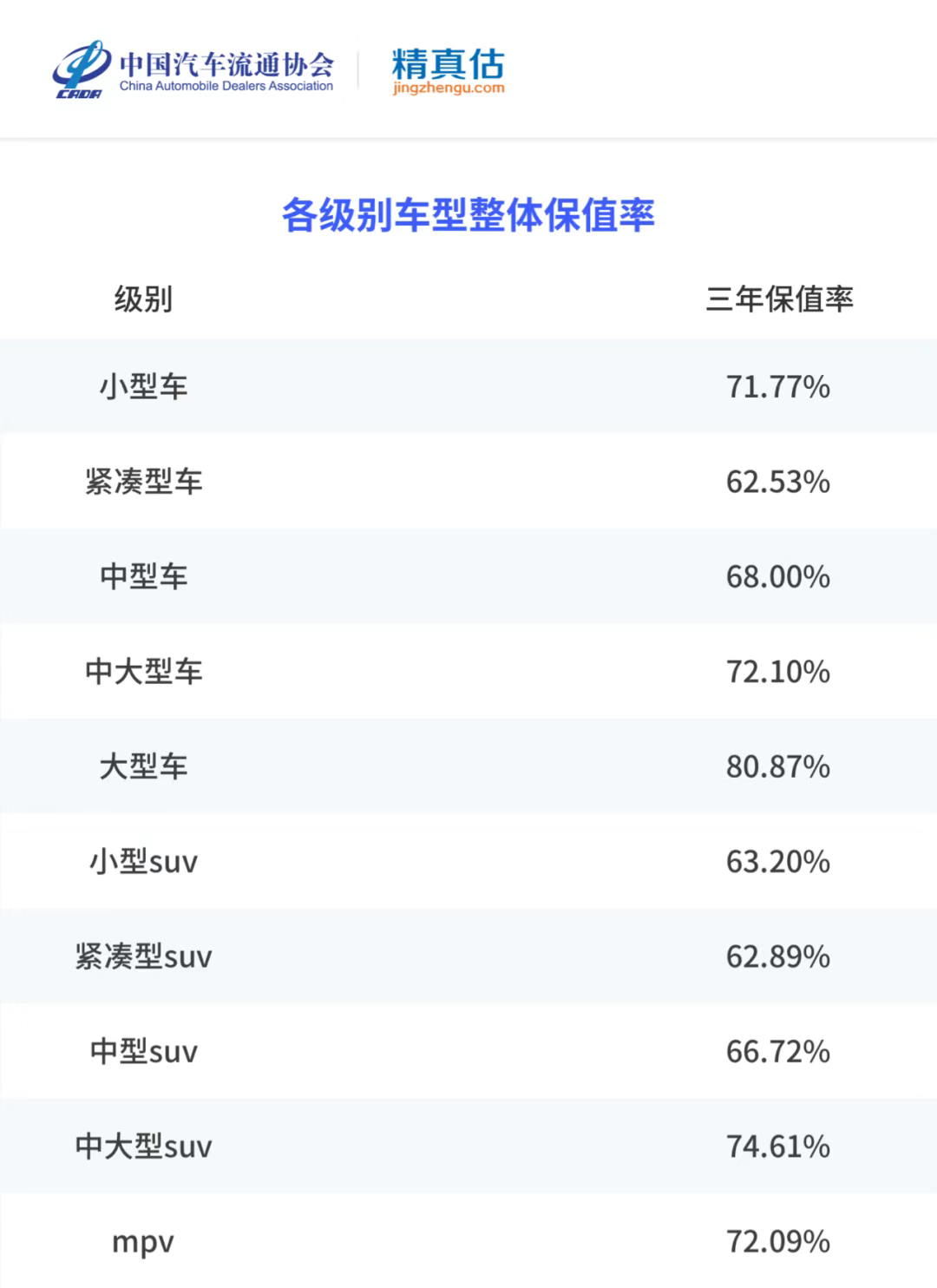
In terms of the one-year resale value, in addition to the traditional “value-holding experts” like Tesla and Porsche, nine of the 15 new energy vehicle models with a one-year resale value of 80% are self-owned brand models. Therefore, it can be seen that there is no obvious disadvantage of self-owned brand new energy vehicle models in terms of overall resale value.
From the above data, it is not accurate to say that “the resale value of new energy vehicle models is terrible”. Like traditional fuel vehicles, the resale value should be analyzed specifically for each model, and cannot be generalized just because it is a new energy vehicle.
No More Worries for Used Car Dealers
New energy vehicle models used to cause worries for used car dealers, as there were negative information about them online such as “depreciation of 60% in three years”, and “electric vehicles are like hot potatoes”. It seemed that any connection between new energy and used cars would create a horrific and miserable story.
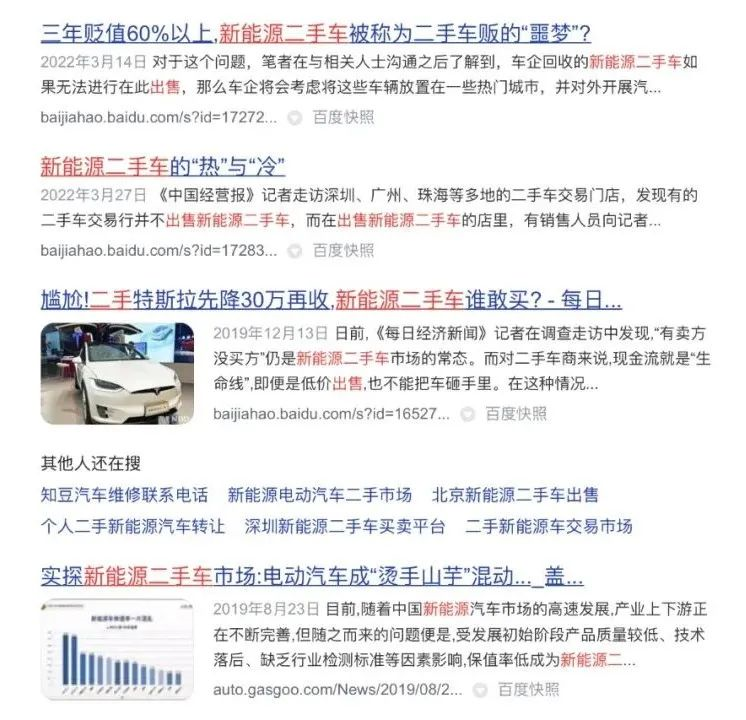
However, things have changed a bit now. Because of the pandemic and some well-known reasons which have caused global instability, two positive situations have emerged for the new energy used car market this year.
First, the rise in oil prices, as international tension has lead to continuous increase in crude oil prices. The price of gasoline 95 has already broken through the threshold of 9 yuan, approaching its historical high. This has caused many car owners to complain about the high cost of driving.
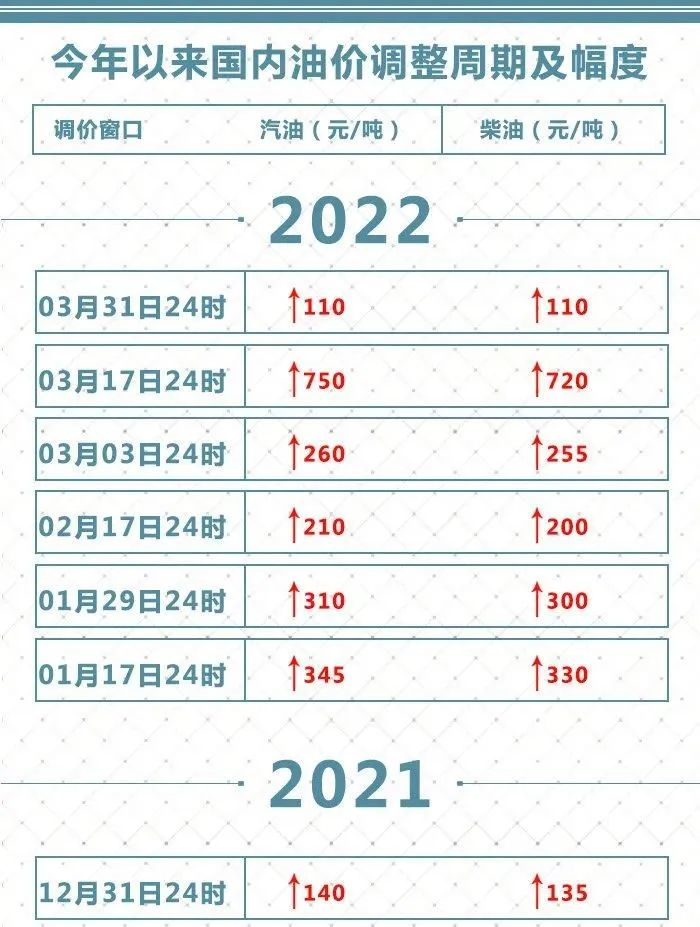
In this situation, the cost of travel has become a hot topic of discussion, and has led many consumers to consider the new energy vehicle models with lower travel costs, especially pure electric vehicles that do not require the filling of ‘expensive liquids’ when purchasing cars.
Thanks to this, in the environment of the pandemic causing a generally sluggish automobile market, the new energy vehicle models’ new and used car market transactions in the first four months of this year have still performed well.
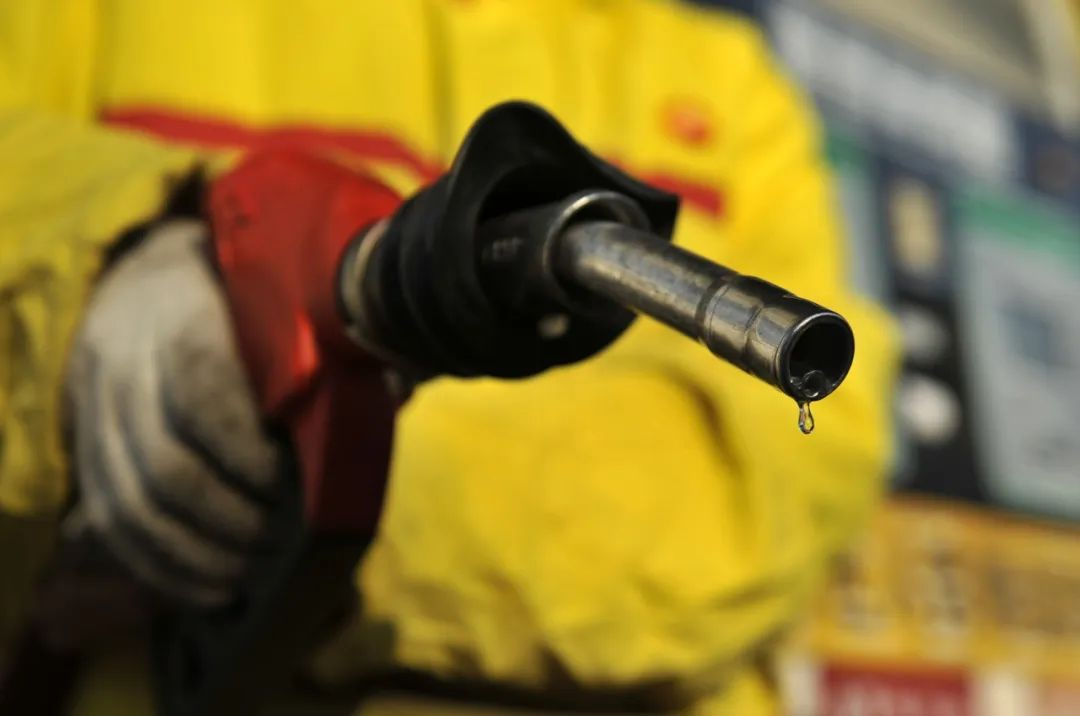
Secondly, the tightness of the global upstream supply chain has led to the rise in the prices of battery raw materials, which has resulted in a collective price rise of new energy vehicle models in a short period of time.The extent and scope of this wave of price increases are rare, with top brands like Tesla raising prices three times in one week. As new car prices rise collectively, the prices of used cars naturally fluctuate, especially for popular models with high market recognition and relatively high residual values, such as domestically produced Tesla, Ideal ONE, XPeng P7, and AION Y, which are highly sought after in the second-hand car market.
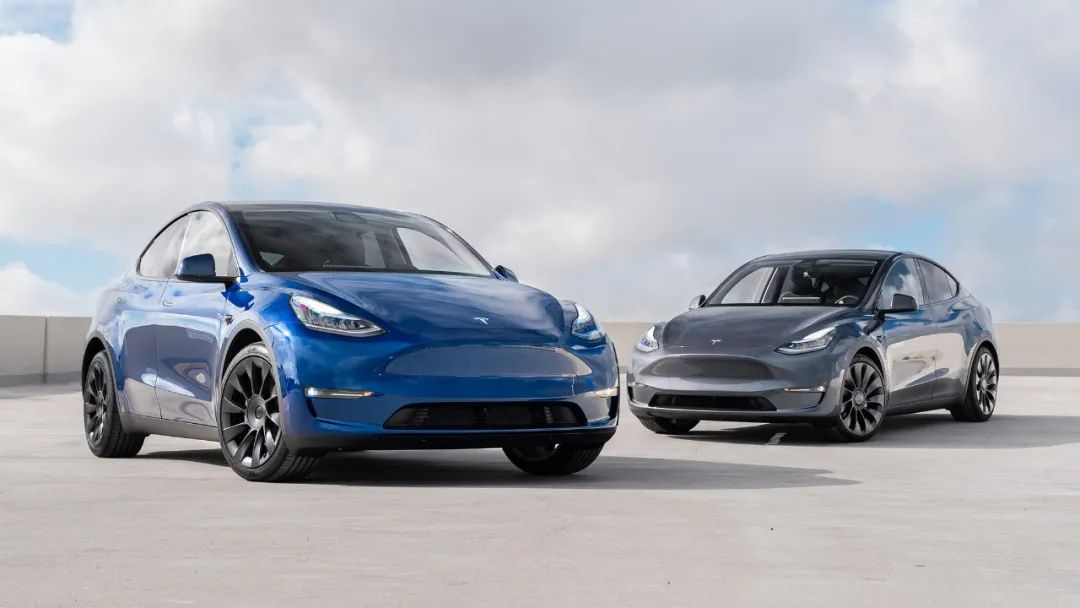
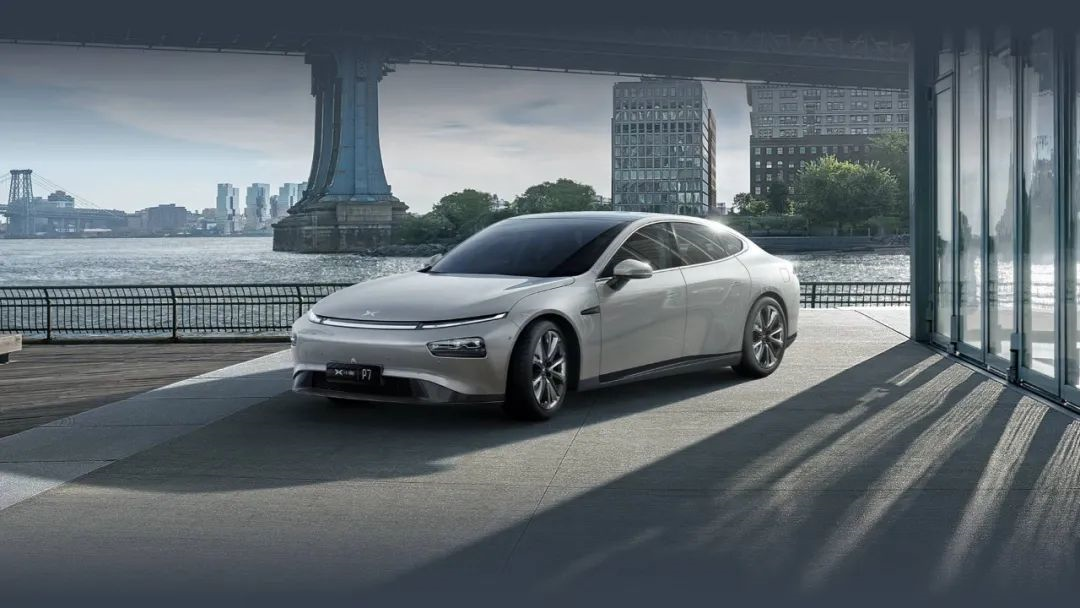
Based on the impact of these two major environmental factors, both the market and profit levels for used new energy vehicles have seen some improvement compared to before. Therefore, there are now merchants specializing in the sale of used new energy vehicles, and mainstream new energy vehicle models such as those mentioned above are also popular in the second-hand car market.
How to maintain value?
Another question that must be answered is: why are new energy vehicle models retaining their value better now than before?
I think there are two main reasons for this. First, consumer acceptance of new energy vehicle models is constantly increasing.
As new energy vehicle models continue to iteratively upgrade, their technical performance and user experience have been comprehensively improved in terms of battery life, cruising range, energy replenishment methods, and intelligent level. In particular, in-car systems and advanced driver assistance systems are gradually widening the gap with fuel vehicles.
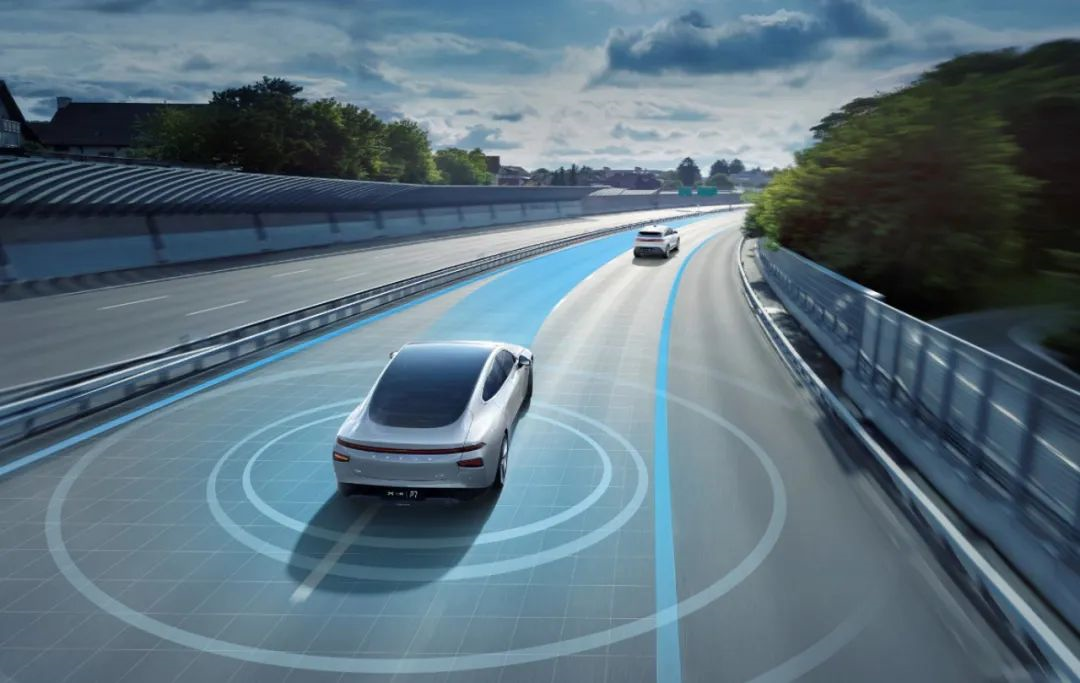
At the same time, as the market penetration rate and absolute ownership of new energy vehicle models continue to rise, the public infrastructure for new energy vehicles is also increasingly improving, and the experience of daily energy replenishment using public facilities has been substantially improved. Therefore, customer recognition of electric vehicles is also continuously increasing, driving rapid market demand growth, and hence the increase in new energy vehicle model residual values.
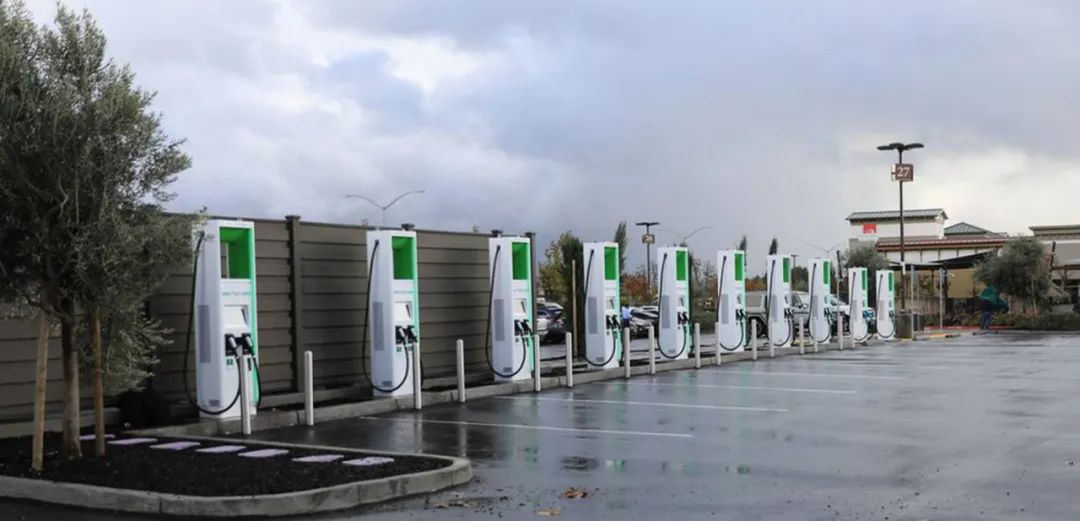
Second, policies in various regions, such as subsidies, registration, and traffic restrictions, are biased towards new energy vehicles, further enhancing consumers’ desire to purchase new energy vehicles.
On May 6th, following Shenzhen, Guangzhou also released a draft opinion on exempting some parking fees for new energy vehicles in government public parking lots.The new energy vehicles can park for free twice a day in public parking lots constructed by the government, with each time not exceeding 5 hours; can park in temporary parking spots on urban roads for free within 2 hours, and will be charged half price if exceeded 2 hours; can pass the urban section of the ring expressway, the peripheral expressway and the airport expressway for free.
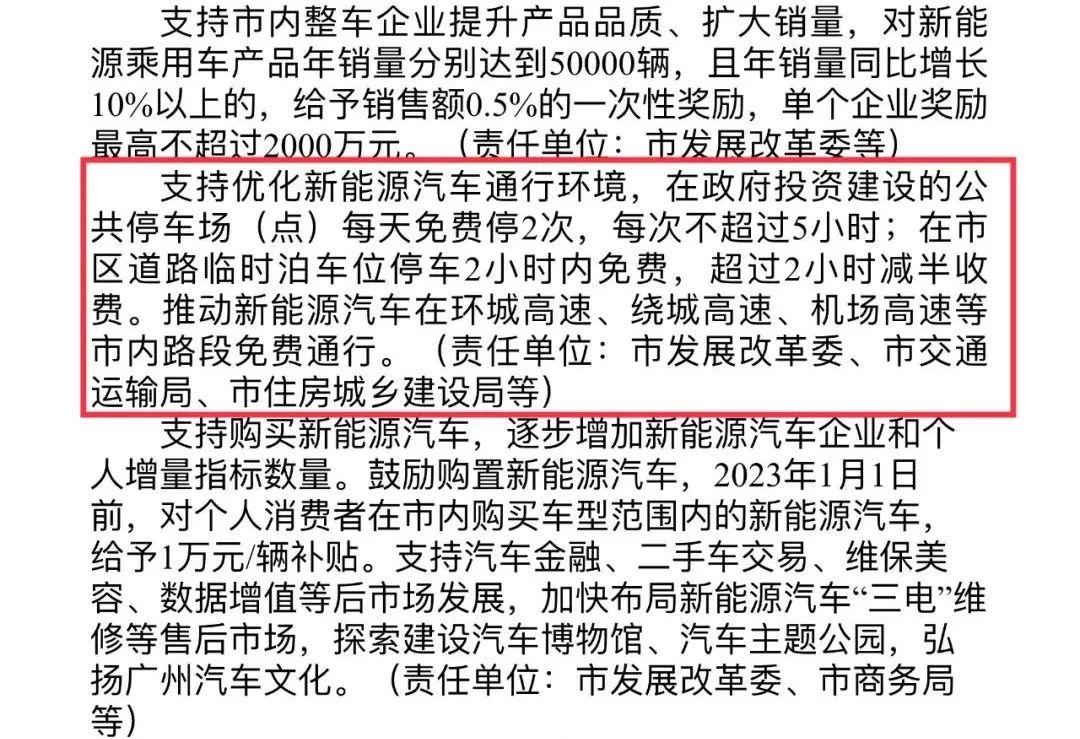
Although the plan is still in the stage of soliciting opinions, it has caused a lot of discussions once it was announced, and it is believed to have a certain guiding role for consumers who are holding off on purchasing. For the new energy second-hand car market, policies of daily discounts for parking and tolls, such as parking and tolls exemptions, have a more positive impact on the residual value of vehicles.
In conclusion,
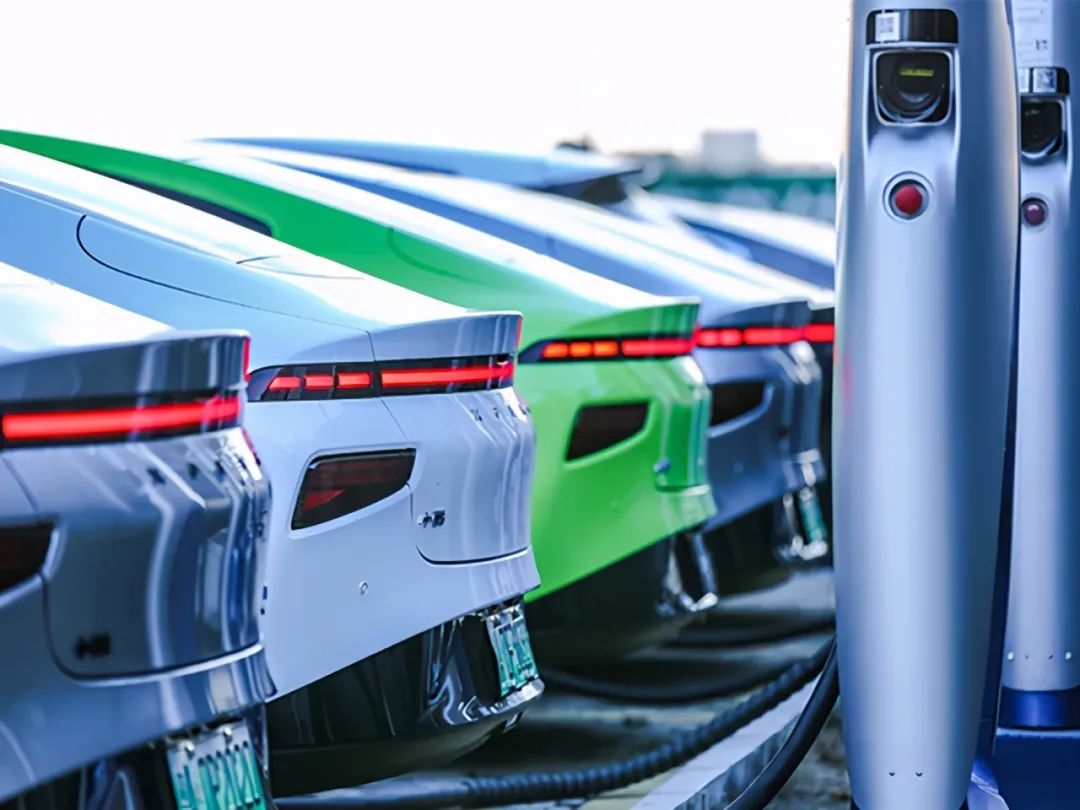
it should be emphasized that although the overall second-hand value of new energy vehicles cannot yet be compared with that of fuel vehicles, it is by no means as bad as the rumors circulating online. We must analyze specific vehicle models specifically and avoid making generalizations.
If you are more concerned about the cost of the entire life cycle of new energy vehicles, especially the residual value of second-hand vehicles, then before purchasing a car, you must refer more to authoritative residual value reports published by industry associations, such as those mentioned in this article. Rather than believing rumors, the reference value provided by these accurate market and vehicle model analyses must be higher.
Finally, I want to ask everyone a question, do you value the experience of use or the residual value when buying a car? Please feel free to leave your comments in the comment section to tell us your thoughts.
This article is a translation by ChatGPT of a Chinese report from 42HOW. If you have any questions about it, please email bd@42how.com.
